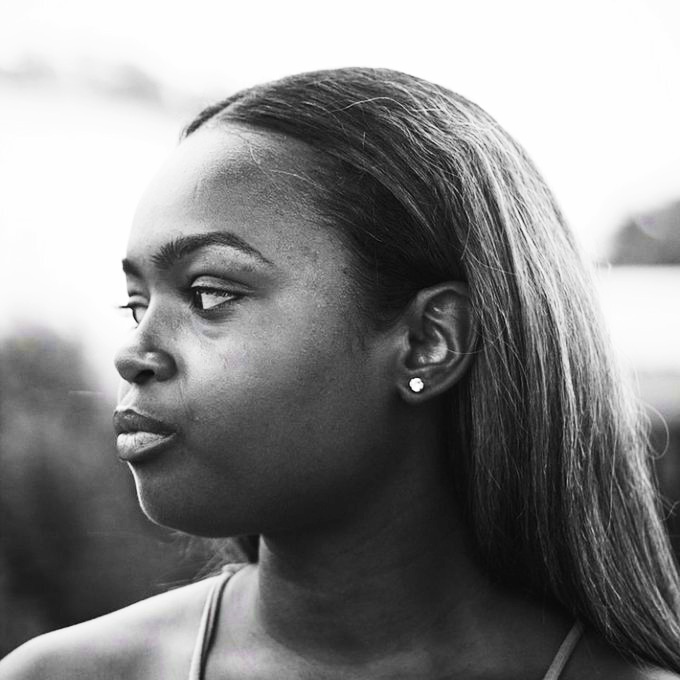"Our Little Island Girl": "This Is Us" Illustrates the Power of Black Women Choosing Happiness
What has made “This Is Us” the captivating, tear-jerking hit show for the past three seasons isn’t just the variety of stories being told. Instead, it’s how the show makes a connection of a particular character’s backstory with the character’s current behavior, beautifully highlighting the ways in which characters deal with demons from their past. “This Is Us” acknowledges the notion that everyone has a past that makes them who they are today while also highlighting the various societal issues associated with one’s past. Such was the case in the episode “ Our Little Island Girl” which placed Beth Pearson’s (Susan Kelechi Watson) backstory on center stage and highlighted the power of black women undermining the strong black women trope and finding the courage to follow their dreams.
The opening scene of “ Our Little Island Girl” immediately introduces viewers to the stern demeanor of Beth’s mom Carol (Phylicia Rashad). As Aretha Franklin’s “I Say a Little Prayer” plays in the background, Carol roams the hall and disciplines students of the school where she’s a principal. She’s certainly a force to be reckoned with. While she scolds a student for running in the hallway, she eventually bruises her hip near the stairwell. Although she doesn’t look like it, Carol insists that she’s ok after others asks if she needs help—— a response that’s all but too familiar for black women.
While Beth and her cousin Zoe Baker (Melanie Liburd) take a road trip Washington D.C. to see about Carol’s injured hip, the pair basically spend most of the car ride talking about how they’ll find a way to tell Carol that she needs to retire from her job for the sake of self care. The scene immediately cuts to a flashback to Beth’s childhood in which viewers learn that dance was her first love. Although Carol is a bit reluctant for Beth to start taking dance classes, it’s Beth’s father Abe (Carl Lumbly) whose warm personality encourages Beth to pursue dance.
When Beth and Zoe arrive at their childhood home, Carol makes it clear that she won’t quit her job, despite their objections. The episode’s main conflict begins when Beth informs her mom that she’s been unemployed for months after being laid off. Carol’s disappointing silence and subsequent desire to help Beth immediately get a job reveal how Carol’s stern and by-the-book mentality became the method for raising her kids. She raised Beth to work twice as hard and only allowed her to pursue dance only under the condition that she be the best in all her classes. There was no room for failure in Carol’s household. And there was apparently no room for weakness either, which was shown when Carol ran the house as usual and scolded Beth’s tears after she told Beth her dad was diagnosed with cancer. After Abe’s death, Beth learns she doesn’t make the senior showcase for her dance school, and her mom immediately informs her that she’ll have to consider a different career path.
Carol is the epitome of the strong black women trope. She has no room for her or her children being anything less than the best, and she certainly doesn’t have room for anyone seeing her sweat. But who can blame her? Society forces black women to wear an extra layer of thick skin. However, the stereotype was created by a white racist society that seeks to normalize the treatment and abuses forced on black women. Additionally, black women having to suppress their emotions is nothing but detrimental to their mental health. According to the National Alliance on Mental Illness, black people are 20 percent more likely to experience serious mental health problems than the general population. And the strong black women trope does nothing to curb that reality.
It’s toward the end of the episode when Carol realizes those woes. Beth admits that her mom killing her dreams of becoming a professional dancer is the reason why she’s currently unhappy, which leads to Carol taking responsibility for how her strong demeanor wasn’t the best way to raise her children.
“Our Little Island Girl” ends with a truly revolutionary act: Beth choosing to chase her dreams. In one of the most poignant representations on TV of black women choosing happiness, Beth decides she wants to continue in the footsteps of her first love and become a dance teacher, escaping the strong black women trope that bound her.

